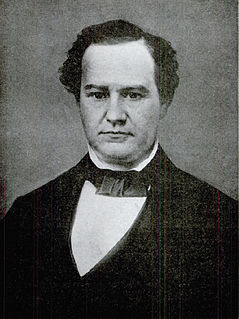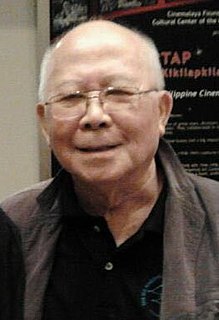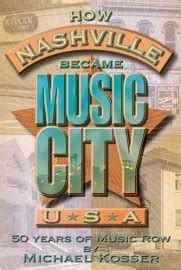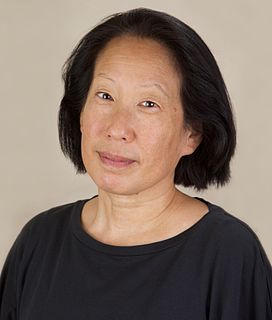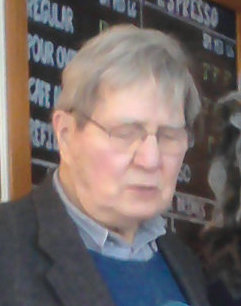A Quote by George D. Prentice
Many a writer seems to think he is never profound except when he can't understand his own meaning.
Related Quotes
So what is the difference between "power thinking" and "positive" thinking? The distinction is slight but profound. To me, people use positive thinking to pretend that everything is rosy, when they really believe that it's not. With power thinking, we understand that everything is neutral, that nothing has meaning except for the meaning we give it, and that we are going to make up a story and give something it's meaning.
Many people have written about the economic meaning of globalization; in One World Peter Singer explains its moral meaning. His position is carefully developed, his tone is moderate, but his conclusions are radical and profound. No political theorist or moral philosopher, no public official or political activist, can afford to ignore his arguments.
The writer walks out of his workroom in a daze. He wants a drink. He needs it. It happens to be a fact that nearly every writer of fiction in the world drinks more whisky than is good for him. He does it to give himself faith hope and courage. A person is a fool to become a writer. His only compensation is absolute freedom. He has no master except his own soul and that I am sure is why he does it.
The writer's job, after all, is not to dictate meaning, but to give the reader enough pieces to create his or her own satisfying meaning. The story is truly finished—and meaning is made—not when the author adds the last period, but when the reader enters the story and fills that little ambiguous space, completing the circuit, letting the power flow through.
We are now in a position to understand the anti-Semite. He is a man who is afraid. Not of the Jews, to be sure, but of himself, of his own consciousness, of his liberty, of his instincts, of his responsibilities, of solitariness, of change, of society, and of the world of everything except the Jews.
John Barth, I think, was really a writer of my own age and somewhat of my own temperament, although his books are very different from mine, and he has been a spokesman for the very ambitious, long, rather academic novel. But I don't think that what he is saying, so far as I understand it, is so very different from what I'm saying.
That is what diminishes the artist and his song. The artist is now hermetically sealed. The publishing company got him his deal and they expect to profit from his songs. So what if he is a better singer than a songwriter; let's put him in a room with a real songwriter. Something great is bound to come...except very often nothing great comes out of such contrived match-ups. Nobody knows where a great song comes from, and that's why so many writers credit the Lord as a co-writer (though I notice they never offer Him half the writer's royalties) when they come up with a real gem.
I can negate everything of that part of me that lives on vague nostalgias, except this desire for unity, this longing to solve, this need for clarity and cohesion. I can refute everything in this world surrounding me that offends or enraptures me, except this chaos, this sovereign chance and this divine equivalence which springs from anarchy. I don't know whether this world has meaning that transcends it. But I know that I do not know that meaning and that it is impossible for me just now to know it. What can a meaning outside my condition mean to me? I can understand only in human terms.
I have a problem with writer/directors, personal. I can't work well with both of them on the set, if both of them are giving instructions. Writers tend to be in love with what they wrote. You can't always translate the words into the meaning, sometimes the meaning is better served without the words, difficult to make a writer to try to understand that. It gets, sometimes, tense.
